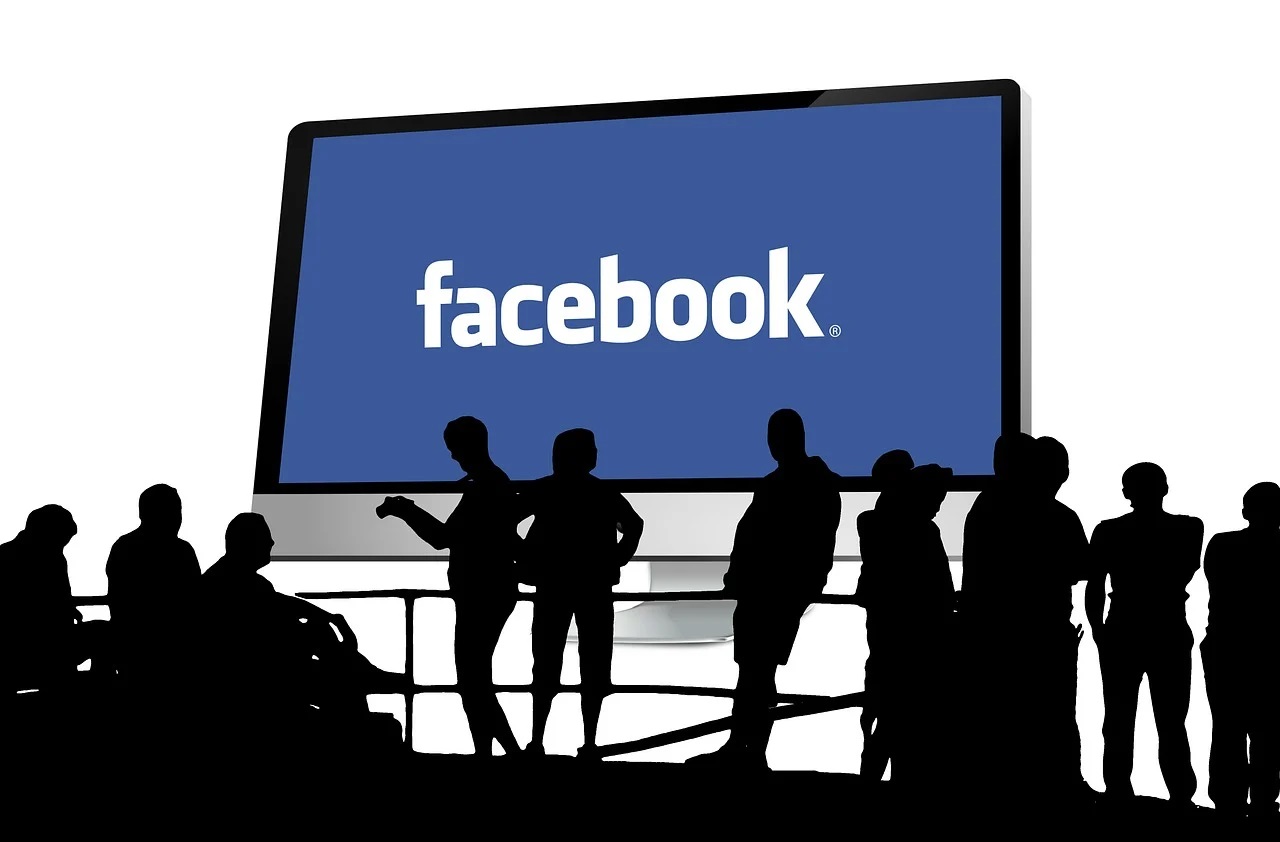
Understanding social media’s influence
Social media has undeniably transformed how people interact, share information, and influence each other’s choices. With billions of active users globally, social platforms have developed into powerful tools capable of shaping individual and collective behaviors. While social media offers unparalleled connectivity and a forum for diverse ideas, it also exerts a profound impact on various aspects of life, including relationships, self-perception, business, and politics. Understanding these influences can offer insights into both the positive and negative facets of the online world.
Exploring the impact of social media on everyday life
The way social media affects daily life is far-reaching and multifaceted. One of the most notable influences is how it has reshaped communication, allowing individuals to connect instantly with others around the world. This rapid form of communication, which relies heavily on images, videos, and short text, has led to a shift from traditional, face-to-face interactions to virtual conversations. Through likes, shares, and comments, users feel more engaged with one another, but this engagement can be superficial and fleeting, sometimes lacking the depth of real-world connections.
In addition to communication, social media has redefined how people perceive themselves and others. Constant exposure to carefully curated content can lead individuals to compare their own lives with the polished versions others present online. For some, this can result in a sense of inadequacy, impacting self-esteem and potentially leading to issues like anxiety or depression. The phenomenon of comparing oneself to others on social media has led researchers to examine the correlation between social media use and mental well-being.

The business of influence and consumer habits
Social media is no longer merely a place for personal interactions; it has become an essential platform for businesses and brands to engage directly with consumers. Influencers, or individuals with a large following, often endorse products and services, shaping consumer trends and spending habits. Brands collaborate with these influencers to promote products in a relatable and personal way, giving the impression of an authentic recommendation rather than traditional advertising.
In this way, social media has transformed marketing and advertising, making it possible for even small brands to reach large audiences with relatively low investment. Companies can target specific demographics based on user behavior, tailoring advertisements to individual preferences. While this personalization of content enhances engagement, it also raises concerns about privacy and the potential for manipulation. The ability of social media to affect purchasing decisions on such a personal level is unprecedented in the history of advertising.
Politics and public opinion shaped by social media
The political influence of social media has grown immensely over the past decade. Social platforms serve as a vehicle for political discourse, allowing people to discuss and debate current issues in real time. Politicians use social media to communicate directly with voters, bypassing traditional media channels and connecting with their base in an unfiltered manner. This direct line of communication has democratized information but has also led to the spread of misinformation and polarizing content.
Fake news, disinformation campaigns, and the creation of echo chambers where users see only content that reinforces their beliefs are all potential consequences of social media’s political influence. These issues can distort public opinion and create divisions within society. Social media algorithms, designed to show users content they are likely to engage with, can inadvertently amplify extreme viewpoints and contribute to social polarization.
The role of social media in mental health and self-perception
The impact of social media on mental health has been a topic of extensive research, especially concerning the effects on self-perception. Studies show that constant exposure to idealized images and lifestyles can cause individuals to feel inadequate about their own lives. The desire to portray a “perfect” life online has led many users to seek validation through likes, comments, and shares, contributing to a dependence on external approval.
While social media provides a platform for self-expression, this focus on validation can harm mental health. Users, particularly younger audiences, may struggle with self-worth as they compare themselves to the idealized lives of others. Some researchers have noted a link between social media use and mental health conditions like anxiety and depression. Recognizing the impact of social media on self-perception is essential for users to approach these platforms with a balanced mindset.
Ways to cultivate a healthy relationship with social media
Developing a healthy approach to social media involves understanding its influence and taking proactive steps to avoid negative outcomes. Here are a few practical strategies :
- Limit daily time spent on social media to prevent excessive exposure.
- Avoid comparing oneself to others; remember that online content is often curated and filtered.
- Diversify content consumption by following a mix of perspectives to avoid echo chambers.
- Practice mindfulness and self-reflection after using social media to remain aware of its impact on emotions.
- Engage in real-world activities and interactions to maintain a balanced social life.
Each of these strategies encourages users to approach social media thoughtfully and recognize its potential effects on well-being. Being mindful of these impacts helps users enjoy the benefits of social media without allowing it to interfere with real-life experiences.
Social media’s evolving influence on society
As social media continues to evolve, so too will its influence on society. The ways people connect, share ideas, and influence one another are changing constantly, with new platforms and technologies emerging regularly. Social media has embedded itself deeply into the fabric of everyday life, affecting everything from friendships to global movements. Whether these changes are beneficial or harmful often depends on how users engage with the platforms and how conscious they are of social media’s broader implications.
Understanding social media’s influence requires an awareness of both its potential and its risks. By actively reflecting on personal habits and recognizing how content can shape thoughts and emotions, users can harness the positive aspects of social media while safeguarding their mental health and well-being.